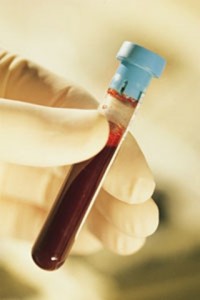 In my time lecturing on forensic science, I have had the honor of instructing scientists, judges, policy-makers, defense attorneys and even prosecutors. I think it is important that all the stakeholders in the criminal justice system know the science involved so we can make sure we are not convicting innocent people.
In my time lecturing on forensic science, I have had the honor of instructing scientists, judges, policy-makers, defense attorneys and even prosecutors. I think it is important that all the stakeholders in the criminal justice system know the science involved so we can make sure we are not convicting innocent people.
Recently I was invited to speak at the Pennsylvania District Attorneys Association’s Lunch-n-Learn Seminar. My topic was Enzymatic versus Forensic Testing. Simply put, the difference between the testing that is done in hospitals versus what is performed in crime labs.
While blood testing is conducting in both places, the goals, methodology and protocols for each are entirely different. While a doctor may be screening for the presence of a substance in the blood, a crime lab needs to be more precise. For example a Blood Alcohol Content of 0.07% is entirely different than 0.08%. One would be under the legal limit and the second would be charged with a DUI if the person is over 21.
This is why it is important to understand what is going on behind the scenes and what the limitations are in each testing method.
Sadly, the majority of defense attorneys know virtually nothing about DUI blood testing. They don’t know the different types of tests. They don’t know the procedures and protocols involved. They certainly don’t know how to challenge the findings in court.
Can that attorney win your DUI case?
If you have a DUI case in Pennsylvania, please call 1-866-MCSHANE to get a free consultation with the attorneys who know the science. The McShane Firm: The Science Attorneys